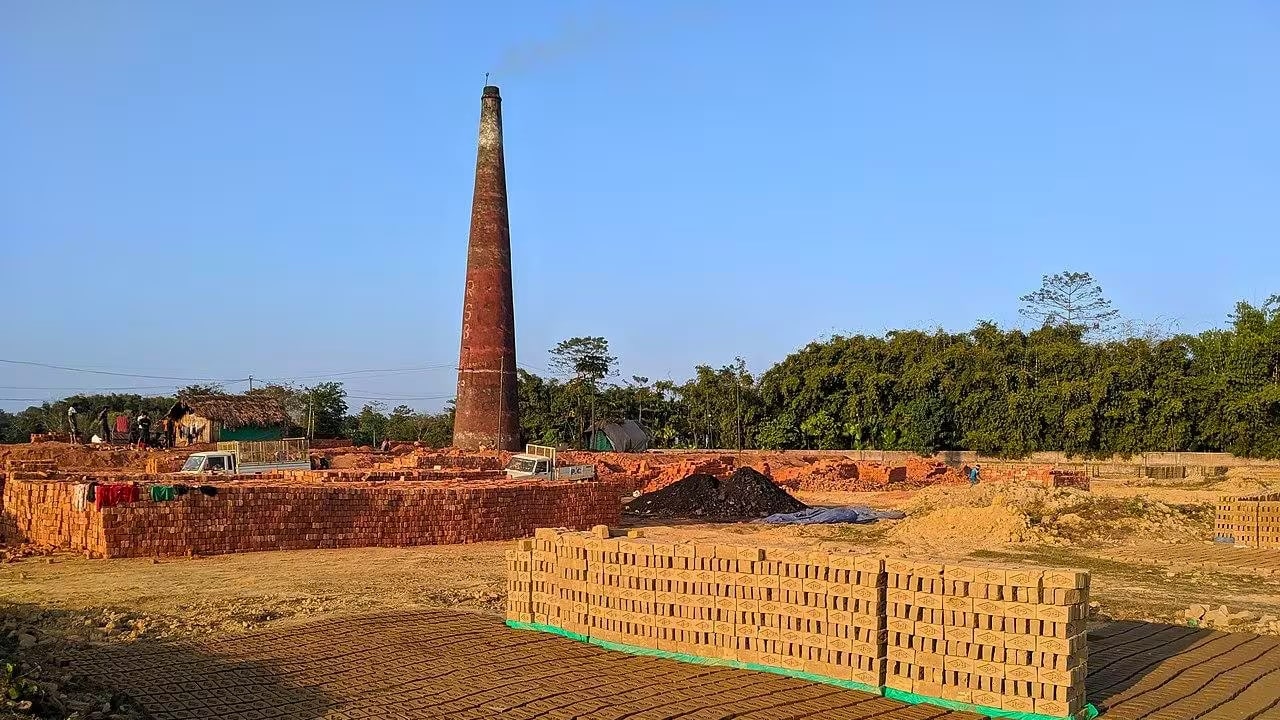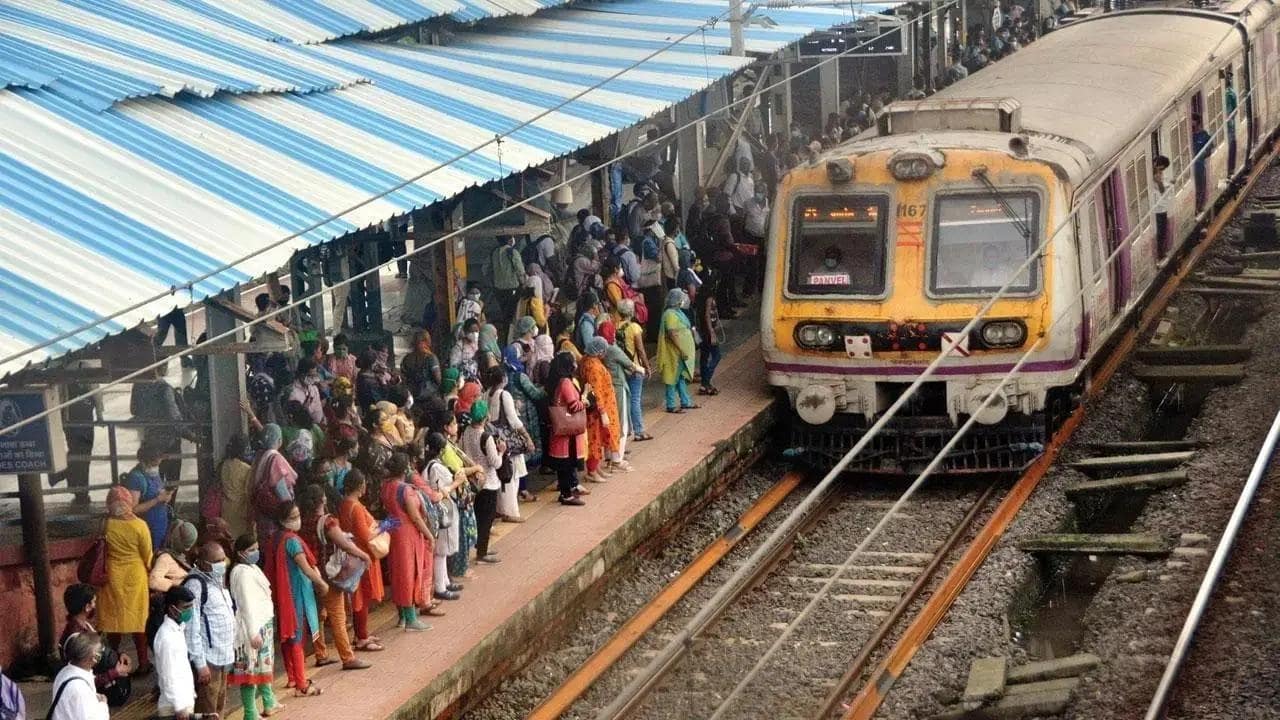Brick kiln owners in western Uttar Pradesh are reducing their dependence on coal to reduce pollution and meet their electricity needs by installing solar panels. This is meeting their energy needs even during the rainy season.
After the scorching heat, the rains started, but the solar energy stored in solar panels continued to supply electricity. Eight brick kilns in Kauriaganj, Pilakhna and Akrabad in Aligarh district have started using solar energy instead of coal to meet their electricity needs. According to the report of the Uttar Pradesh Pollution Control Board, this is a tiny part of the 555 brick kilns in the district. However, they say that this is just the beginning.
How Much Did It Cost?
Om Prakash Sharma, owner of a brick kiln, said that the initial cost was Rs 7 lakh, but it (solar panels) has long-term benefits. He said he has installed 16 solar panels of 455 watts each, which he uses to power the brick kiln’s generator.
‘We Save About Rs 50,000 Every Month’
‘We save about Rs 50,000 monthly through solar panels,’ Sharma told PTI. He said he also provides power to the huts of people working in his kilns. ‘It didn’t cost me anything extra, and I thought it would help them too,’ he said.
Workers Are Getting Electricity
Solar panels are used to power generators, which are used for various purposes in brick kilns. This includes supplying power to workers’ huts. Earlier, diesel and coal were used for this.
What Do The Workers Have To Say?
Kalawati, who came to Kauriaganj from Bihar’s Gaya district in search of work with her three children, saw the ‘power’ of solar energy for the first time. In October last year, she stepped out of her village for the first time, and she remembers being surprised to see that even the workers’ huts had electricity.
“When I first saw solar panels, I didn’t know what they were. It looked so absurd. I thought it was expensive, and if the owner had the money, why didn’t he increase our wages,” she said.
“We were told it would replace coal and oil (diesel), and we were wondering how and why it could make a difference to us. We were not convinced it would benefit us too until we saw wires drawn to our huts,” she said.
Earlier, They Were Dependent On Oil Lamps
The mother of three said her children are under six years old and now have electric lights and fans. The workers can also charge their mobile phones, a far cry from earlier when they relied on oil lamps and stole electricity.
Over time, environmental awareness has increased to some extent. According to Sudhir Gupta, owner of KKK Bricks, the state government’s advisory on reducing pollution prompted him to install solar panels. “This was the only way I felt I could reduce my dependence on coal and diesel,” he said.









